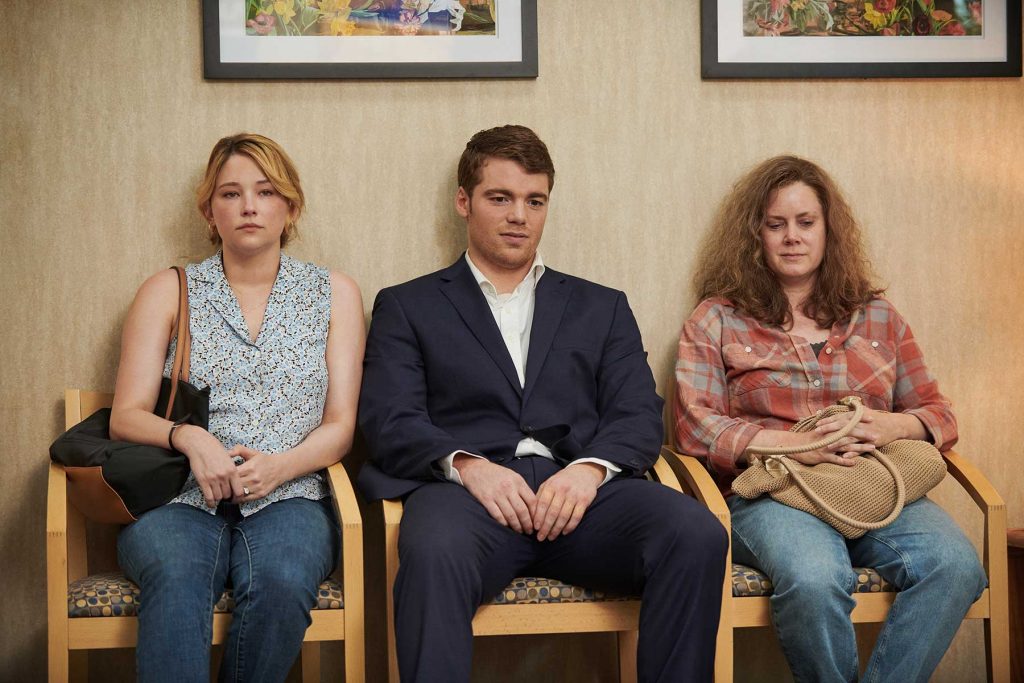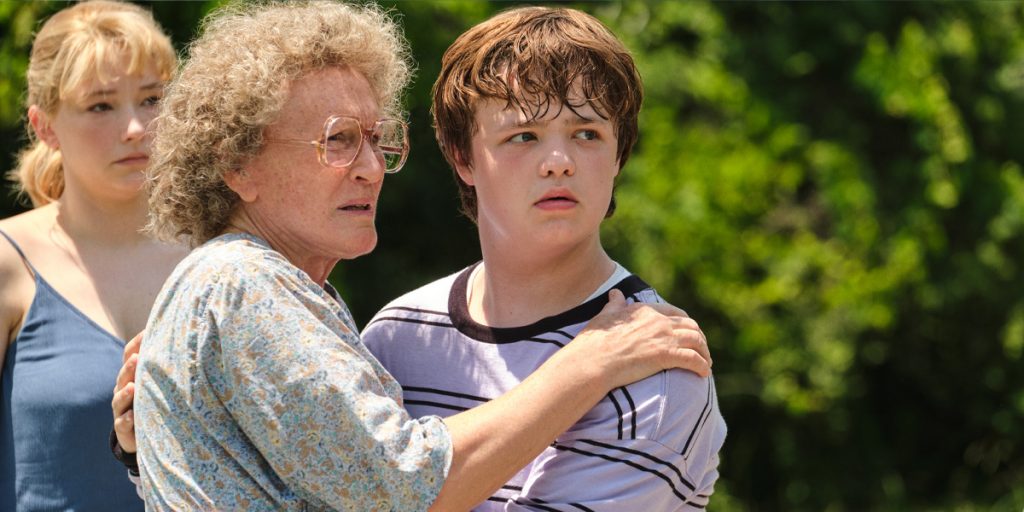Hillbilly Elegy sees Ron Howard fail to engage with the essentially political nature of this piece of storytelling to poor results.
I think part of the job of a critic is to be aware of his or her own biases. Hillbilly Elegy has thrown my own into stark light – it’s very hard for me to be objective about a film populated by characters certain to be passionate Trump supporters as we sit here in a moment of domestic upheaval that sees a sitting president, for the first time in American history, refusing to recognize a fairly adjudicated election. I simply could not turn off the part of my brain that spent much of the film screaming that these are the very people who have made the pandemic so horrible in the United States and have enabled Trump to behave as he has. This is no mere idle speculation either: the film is based on a memoir by J.D. Vance, and just a quick glance at the real Vance’s Twitter shows a Trump supporter fixated on obliterating governmental norms and quick to question the prevailing science on COVID treatment.
Put more simply, my sympathy for the plight of poor white conservatives is at an all time low. So a movie about a deeply Randian character – inspired by a man who has mythologized himself as a Randian figure – and his hillbilly family is just not going to sit as well with me in November of 2020. And I think it is important that I recognize that when I try to write about the film. All that said, I was truly hoping that Hillbilly Elegy would trigger some sort of sympathy or catharsis in me – I was hopeful that Ron Howard, a grand populist filmmaker if ever there was one, would find a way to bridge the gap between my underlying discontent with the film’s subject matter. My hope was misplaced.
Howard, the famed director of many a quality awards contender like A Beautiful Mind and Apollo 13, seems to think the way to smooth Hillbilly Elegy’s essential political nature into a more universal package is to… remove even the faintest allusion of politics from the film. Rather than confront the necessary loaded story at play here – a boy of little means who became a marine who grows up to be ostracized by the elites of Yale Law School – Howard treats the material as a simplistic Horatio Alger story. And it is in that choice, the stubborn refusal to engage with this moment in history, that Howard sells out his characters and his stories. I may be feeling particularly unsympathetic to this sort of character right now, but I’m even more closed-off to characters that Howard chooses to paint with exceedingly selective brushes.

I’m not asking for Howard to try to impersonate Spike Lee and toss a MAGA hat on one of his characters and install some feisty political dialogue. That is not his lane, nor this story’s. What I am asking for is that a film which seems fetishistically fixated on the societal failings (health insurance, or the lack thereof, the ease of access to opiates, and the absence of rehabilitation facilities are all plot points) that lead to the economic and cultural plight of poor whites to at least make some token effort to engage with the historical realities of what various administrations have done to undercut social safety nets over the last 75 years of American history. I’m not asking for the characters here to engage with Trump – I’m asking them to engage with Reagan and Bush and Clinton. But in an effort to make something palatable for liberal film viewers on the Coasts, Howard has simply ignored the societal realities that allowed for the existence of Donald Trump.
What’s left is a film that is somehow both hysterically over the top and gear grindingly bland. Perhaps the problems begin with Gabriel Basso who, the film’s promotional efforts aside, is actually the story’s lead. He plays J.D. Vance, who has been called back to Ohio after his mother’s most recent overdose at the expense of his law school job interviews. We get to know the character in one of the film’s broadest, but most effective, sequences that sees the hillbilly ostracized at a big law firm dinner because of his personal background as he stumbles through his own undernourished social graces. As he returns home, the film begins to intercut an array of flashback sequences to various points in his life.
Three usually excellent actresses, Amy Adams (Arrival), Glenn Close (Fatal Attraction), and Haley Bennett (Swallow), appear as his mother, grandmother, and sister respectively. Adams and Close both dig into the parts with the sort of scenery chewing aplomb that is often rewarded with Academy Awards consideration. Adams always seems to teeter perilously on the edge of uncontrollable crying jag in each scene. It is surprising that an actress who is so often the grounded humanity of movies with arch performances surrounding her, such as in David O. Russell’s The Fighter, would succumb to such a broad shtick performance. Glenn Close is somewhat more effective. She has perhaps a half dozen scenes that all scream Oscar bait as she furrows her brow and lets loose some profanity encased pearls of rustbelt wisdom from beneath a thick coat of uncanny valley triggering makeup. Someday Glenn Close will win her long overdue Oscar but I sure hope it ends up for something better than this.
Finally, there’s Haley Bennett, who does not have much screen time here. She is more than a little overshadowed, as she’s the only actress not wearing a horrific wig and mugging for the camera, and yet it is in her work that I found the film’s only traces of humanity. Her story – a seemingly decent, hardworking woman who feels required to stay in her hometown both out of obligation to a drug addict mother and out of deference to the societal strictures for a woman “should” do – is perhaps the place Hillbilly Elegy could have focused to make a more effective, compelling story.
In nearly every way, Howard has failed to craft an effective story here. By neutering so much of what makes these characters and this story relevant to 2020, Howard has distilled something useful into something entirely disposable.
Hillbilly Elegy is now available to watch on Netflix.

